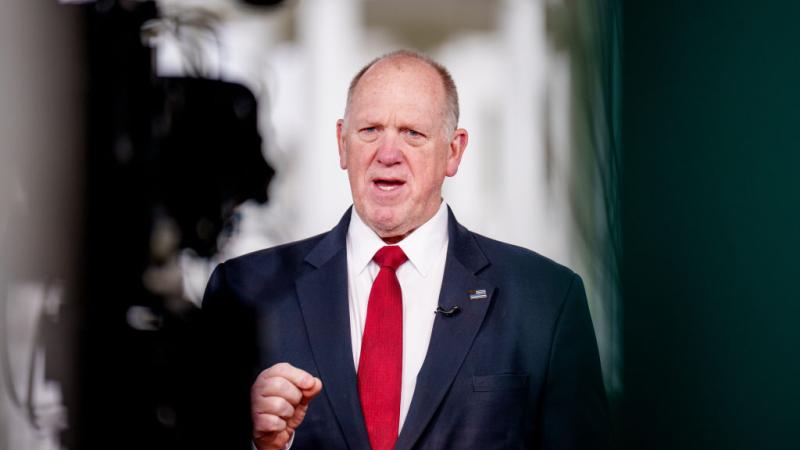France's Macron survives 'no-confidence' vote after pushing through pension reform
Macron has said the reform is necessary to maintain the pension system.
French President Emmanuel Macron on Monday survived Parliament's no-confidence vote, triggered after he pushed through an unpopular pension-reform plan.
The plan would raise the retirement age from 62 to 64 and require more years of work before employees are eligible for full retirement.
Prime Minister Elisabeth Borne was interrupted by protesters in France's assembly chamber Thursday when she invoked an article in the country's constitution to pass the plan without a parliamentary vote, The New York Times reported.
The article allows the executive branch to pass some legislation without a vote, but it opens up the government to a no-confidence motion.
If the no-confidence motion had passes, the prime minister's Cabinet would have had to resign, and the bill would have been rejected. But since the no-confidence motion failed, then the bill remains in place.
The Senate approved Macron's legislation on Wednesday, but invoking the constitutional article averted a razor-thin vote to pass the pension reform in the lower chamber.
After Macron pushed the legislation through on Thursday, the French Democratic Confederation of Labour, the country's largest union, vowed to "mobilize to ensure that this reform is never adopted."
Protesters took to the streets against the reform Thursday, but they have been striking and demonstrating against the proposal since January.
Currently, all French workers are able to retire at 62 with a full pension. The new plan raises the retirement age to 64 by 2023 and requires workers to retire at 67 or to have worked for 43 years before earning their full pension.
Macron has said the reform is necessary to maintain the pension system.














